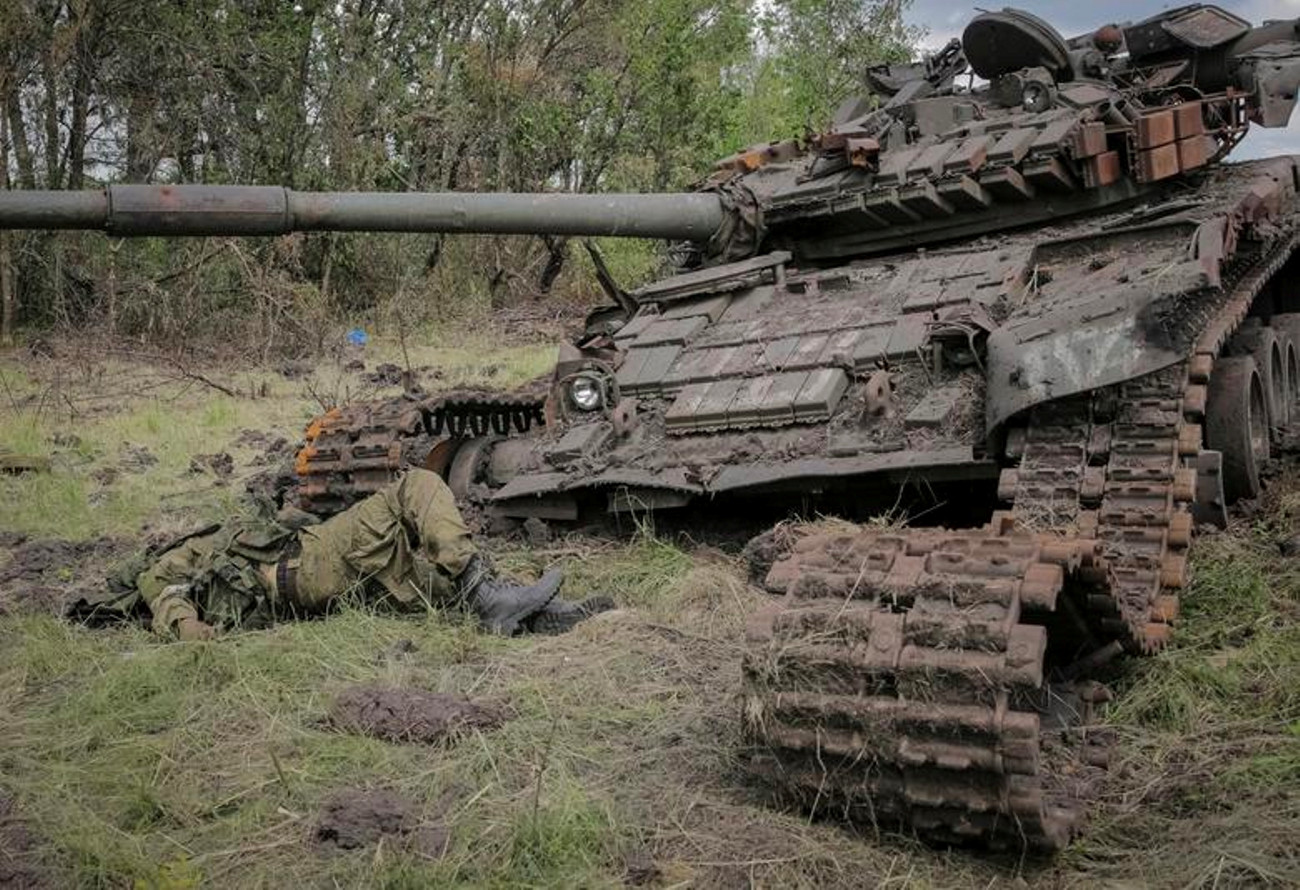Language barrier is often perceived as a mere inconvenience in communication. But in extreme conditions, such as war, it can lead to catastrophic consequences. The situation in Kursk, where North Korean troops suffer significant losses due to poor coordination with the Russians, is a vivid example of how critically important it is to understand the language of one’s allies in combat situations.
Language Barrier as a Deadly Danger
On December 14, the joint North Korean-Russian contingent lost around 200 individuals. The cause of such losses is not only professional weakness or lack of equipment, but also simple misunderstanding among allies. The report from the Institute for the Study of War (ISW) directly points out the language barrier as a key factor complicating coordination between Russian and North Korean forces.
Due to the lack of clear communication, North Korean military personnel become vulnerable during combat operations. Ukrainian drones attacked positions of the DPRK in the Kursk region, exploiting the enemy’s weak organization. Analysts predict that such poor coordination will continue to create tension and significant losses.
Cases Where Understanding the Language is Critically Important
- Combat Coordination
Incorrect interpretation of commands or lack of understanding of orders can cost soldiers their lives. In the case of North Koreans, this became a key reason for losses. They simply could not synchronize their actions with Russian forces. - Evacuation and Medical Aid
Imagine this scenario: a wounded soldier asks for help, but no one understands him. Time is lost, and life cannot be saved. Such cases frequently occur on battlefields where multilingual allies lack a common language of communication. - Interaction during shelling
During shelling, it is important to act quickly and cohesively. But if the military do not understand where to go or where the safe zone is, panic becomes inevitable, increasing the number of casualties. - Reconnaissance and information transmission
Misunderstandings between units complicate the transmission of reconnaissance data. Translation errors can lead to a wrong assessment of the situation, jeopardizing the entire operation.
Conclusions
The situation in Kursk shows that not knowing the language can literally be deadly. In war, the lack of a common language for coordination is not just an inconvenience, but a deadly threat. Ukraine continues to fight for its freedom, but the enemy’s experience can be an important lesson for everyone: language is not just a means of communication, but a weapon that can either save or destroy.


